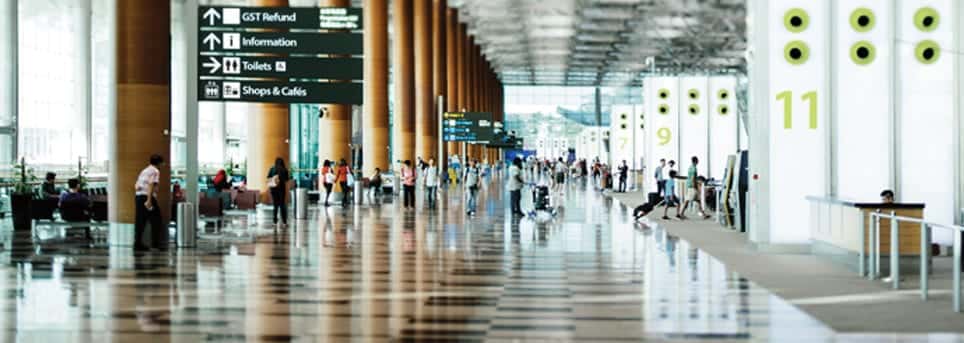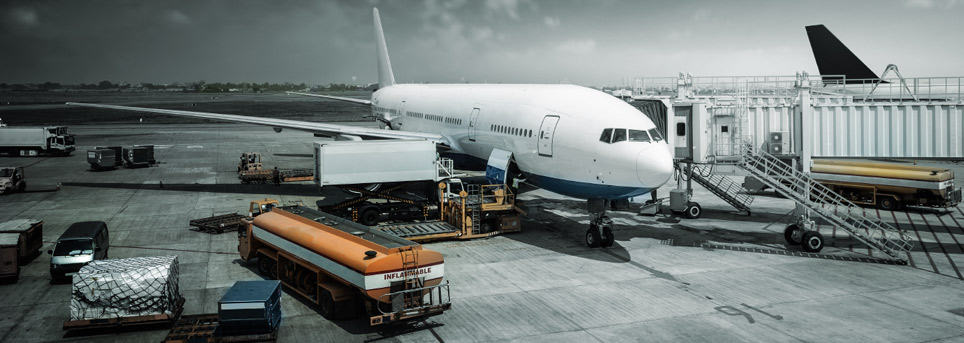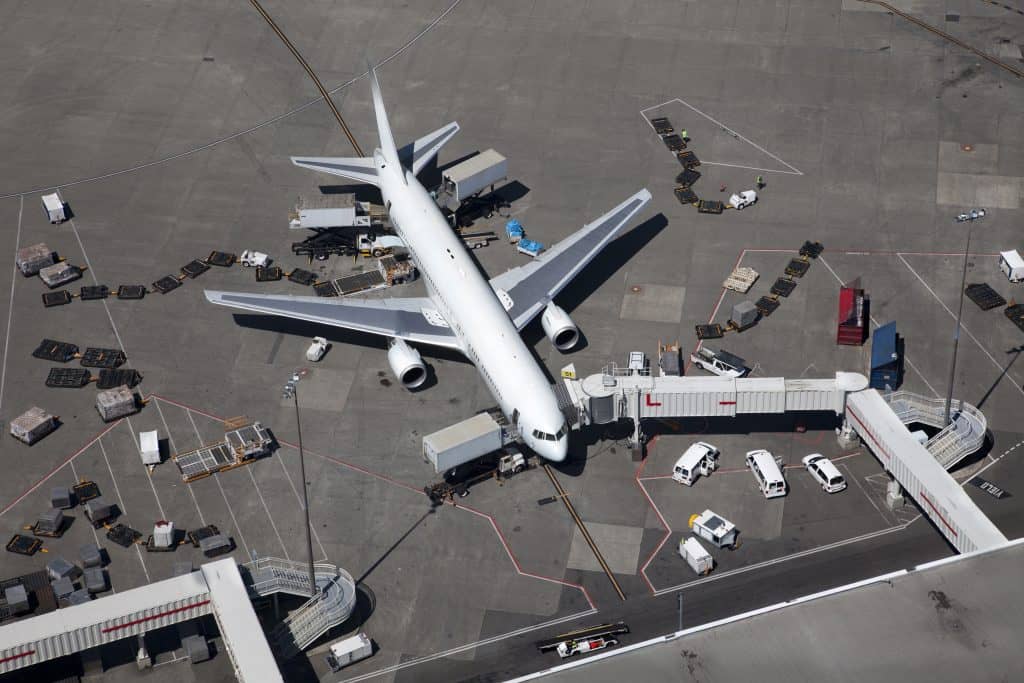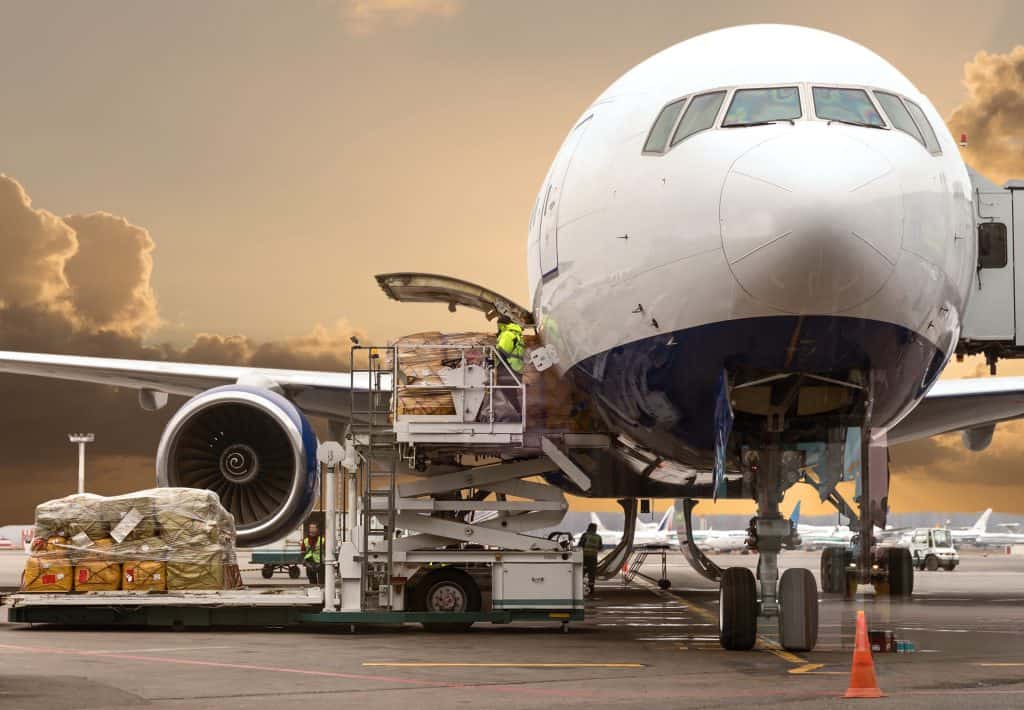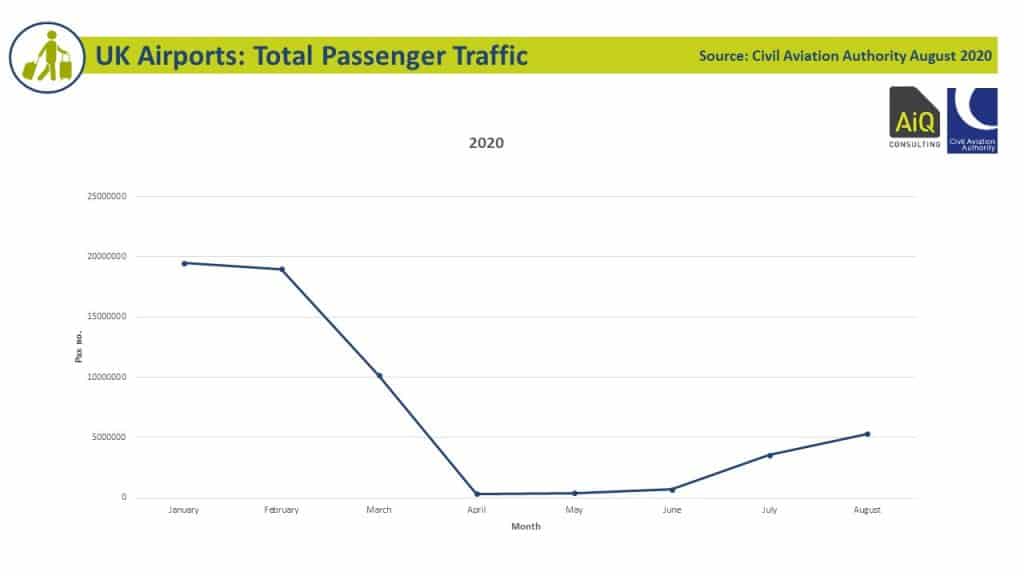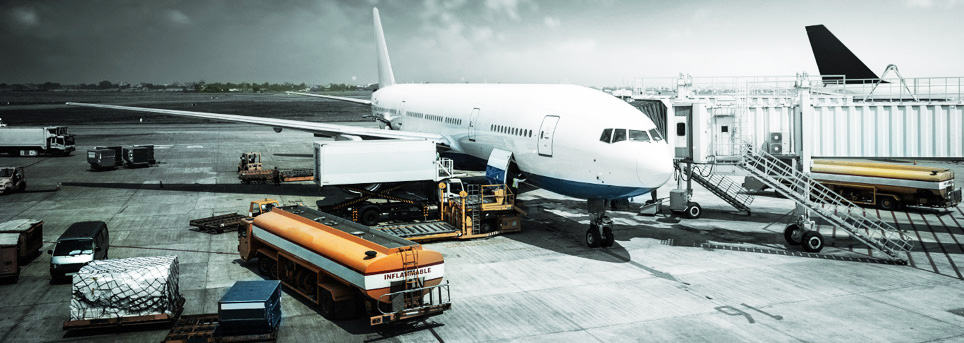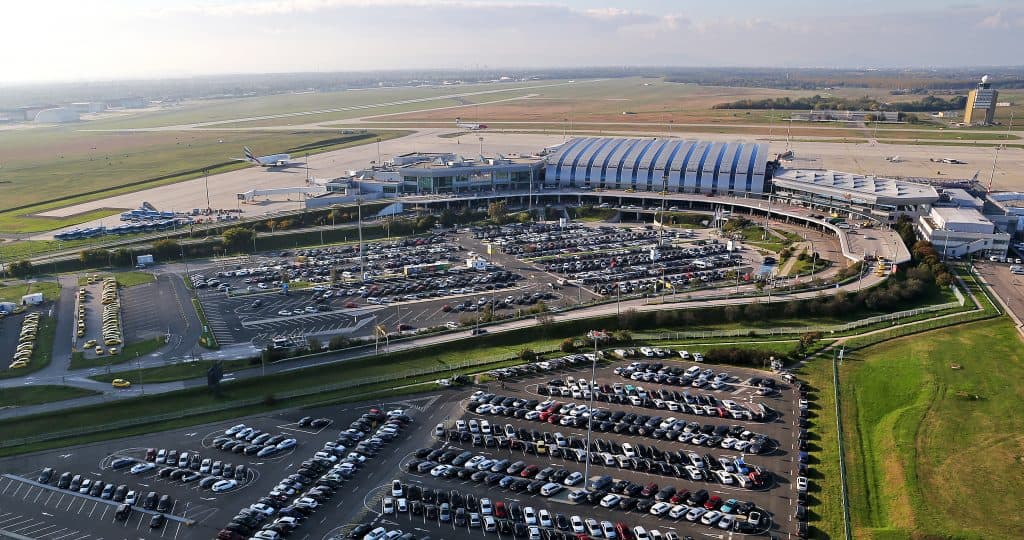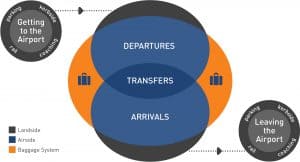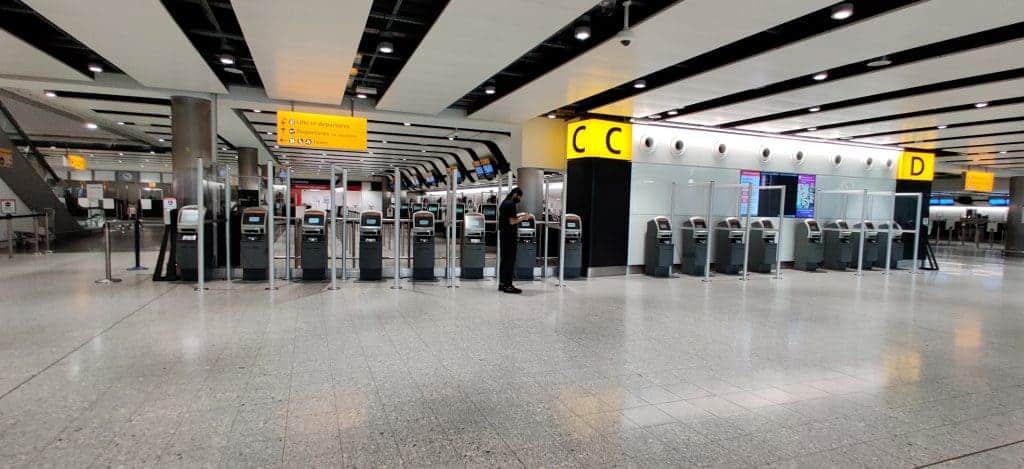
Within an airport there are many levels of stakeholders with varying degrees of responsibility. Whether it is the operations team, airlines, retailers, airport management or investors; everyone needs to clearly understand the changeable demand and decisions affecting the airport holistically.
This is particulaly important in consolidation and recovery during and post COVID-19. Reopening your airport brings new and ever-changing flight schedules, presenting challenges and complexities to your entire operation. AiQ Consulting solution to aid airports recovery is our new demand modelling tool, Airport Recovery Tool, ARTΔ.
Fast, simple and flexible, this tool quickly provides a holistic operational vision across 13 key processes including new health screening and social distancing processes for fast and smart decisions in managing your changeable daily resource requirement.
ARTΔ provides airport managers with vital information to make complex decisions, helping to efficiently manage changeable daily resource requirements, optimise costs and support the safety of passengers.
Efficiently manage your changeable demand with Airport Recovery Tool, ARTΔ. Discover more about this Airport Recovery Tool here
